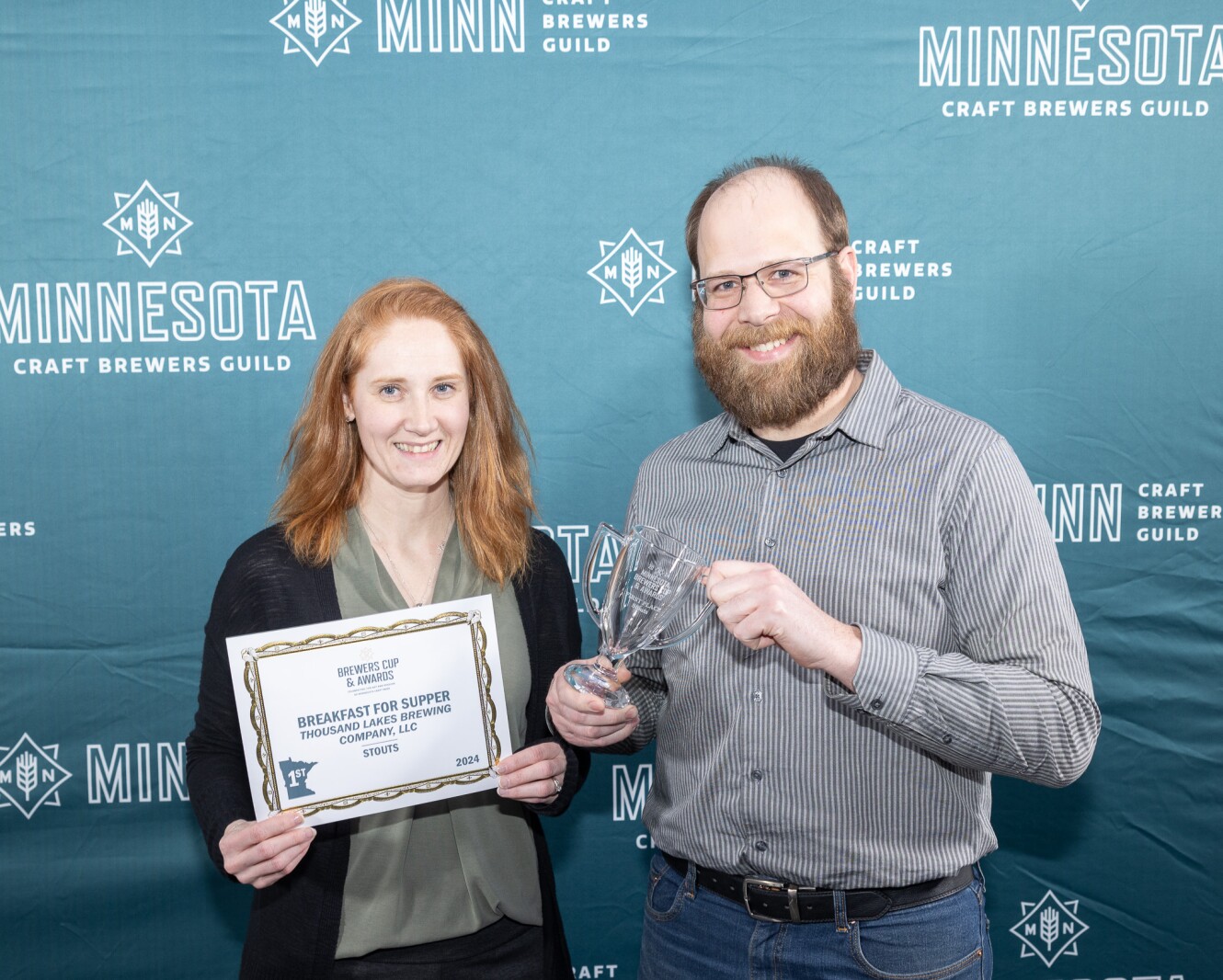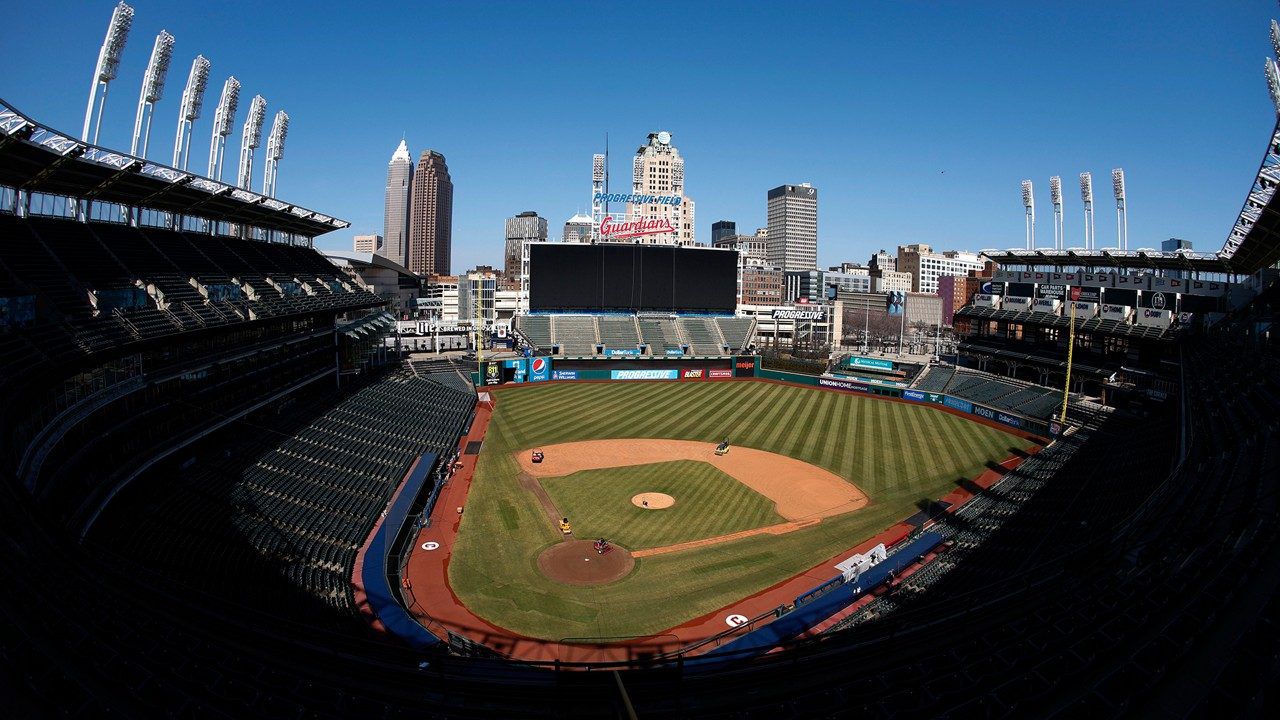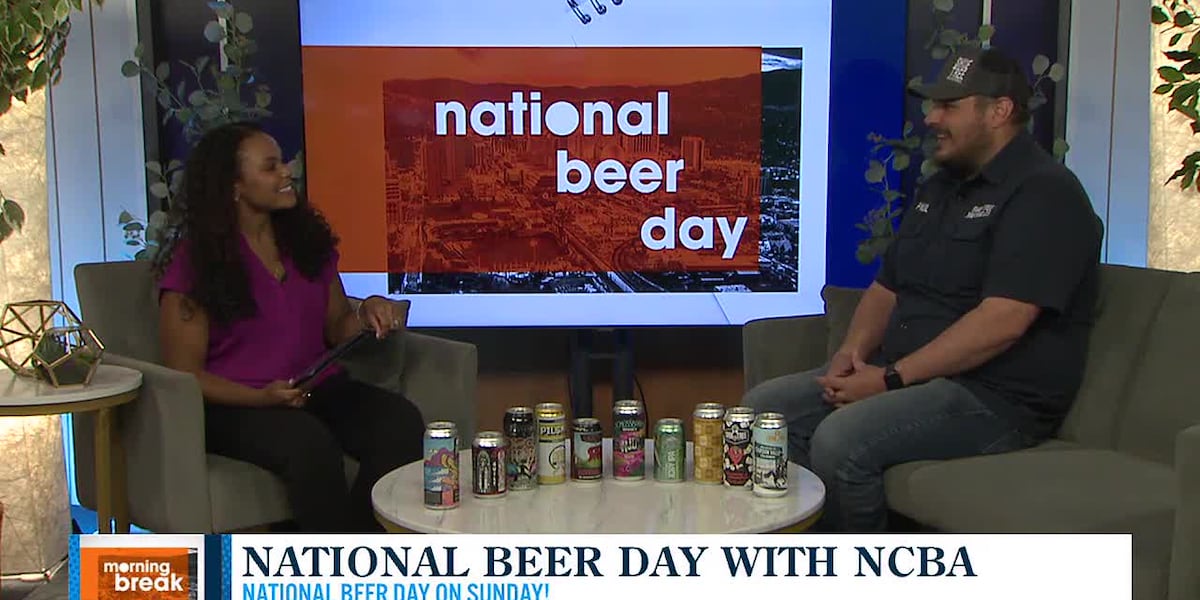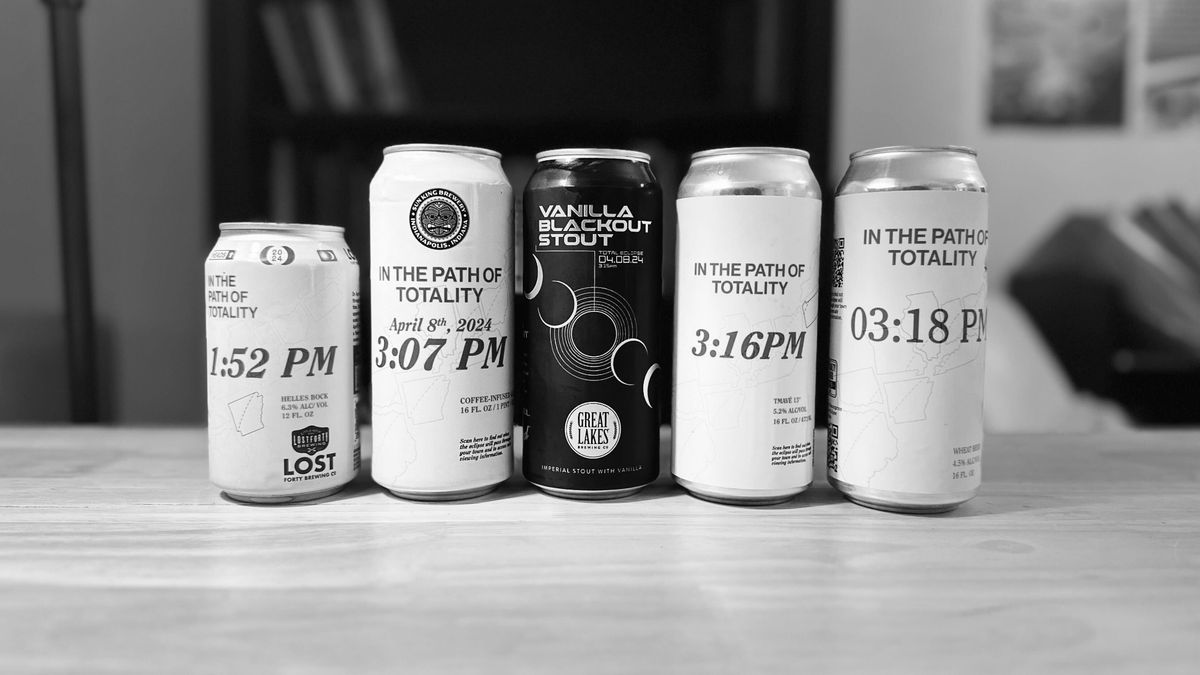A Closer Look at the Minnesota Craft Beer Industry: Challenges and Resilience
The Minnesota craft beer industry has become a vibrant part of the state’s culture and economy. In recent years, however, the industry has faced its fair share of challenges, including brewery closures and a changing market dynamic. Despite these hurdles, the sector continues to show resilience and growth, demonstrating the robust nature of Minnesota’s craft brewing scene.
Brewery Closures: A Concerning Trend?
At first glance, it might seem like the Minnesota craft beer industry is under threat. Notable brewery closures in Minneapolis and St. Paul have raised questions about the industry’s health. For instance, the closure of Eastlake craft brewery and Dangerous Man’s taproom experience ending in Northeast Minneapolis have been significant blows. But, it’s crucial to dive deeper than surface-level observations.
brewery closures, while concerning, are part of a natural market evolution. Bob Galligan, director of government and industry relations at the Minnesota craft brewers Guild, highlights that the industry is simply ‘maturing’ rather than declining. This maturation process indicates a shift towards stabilizing after years of rapid growth, not necessarily a negative downturn.
The Taproom Experience: Evolving to Meet New Challenges
The taproom experience has been integral to the success of the Minnesota craft beer industry. As breweries face increasing competition and changing consumer preferences, the importance of creating a unique taproom experience becomes more evident. From Hackamore Brewing Co. in Chanhassen to Pryes Brewing Co. in Northeast Minneapolis, breweries that innovate and create engaging spaces for their customers continue to thrive.
For instance, Hackamore Brewing Co.’s family-friendly atmosphere and regular events have helped it carve out a niche. Pryes Brewing Co., on the other hand, has focused on taproom events to increase traffic, showing that adaptability and a focus on the customer experience are crucial for success.
Adapting to a Changing Market
The craft beer industry is no stranger to change. Rising costs, fluctuating consumer preferences, and the advent of new beverages, such as THC-infused drinks, are shaping the future. Breweries that adapt to these changes, whether through product diversification or strategic planning, stand to maintain and even grow their market share.
Take the example of Dangerous Man Brewing Co., which has ventured into THC beverages. This move, while keeping beer at its core, represents a strategic adaptation to new market realities. Similarly, Galligan notes the importance of breweries as ‘third spaces’ in our communities, underscoring the evolving role of breweries beyond mere alcohol production.
| Year | Number of Operating Breweries |
|---|---|
| 2011 | 33 |
| 2016 | 112 |
| 2022 | 233 |
This table showcases the growth of the Minnesota craft beer industry over the years, highlighting its resilience and capacity to adapt to changing market dynamics.
Looking Ahead: The Future of the Minnesota Craft Beer Industry
As we look to the future, it’s clear that the Minnesota craft beer industry remains a dynamic and integral part of the state’s economy and cultural fabric. Despite challenges like brewery closures and the need for a unique taproom experience, the industry’s adaptability and continued growth speak volumes.
What remains certain is that as long as there are passionate brewers and a community eager to support them, the Minnesota craft beer industry will continue to thrive, evolve, and bring people together—one pint at a time.







